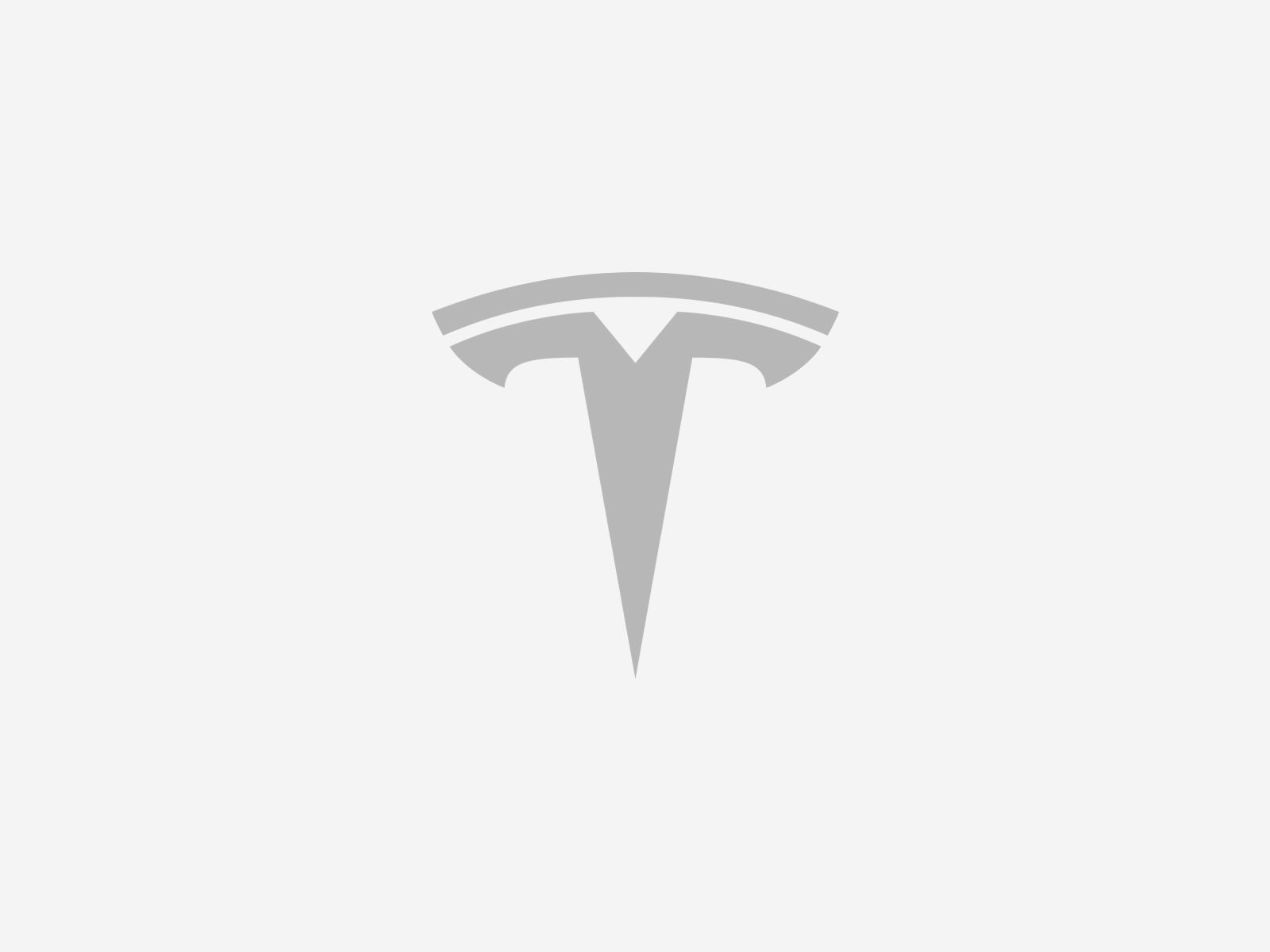I'm considering getting a Model Y but prior to that I want to have my home charging solution ready to go. The Tesla wall connector would make sense at least for this first electric vehicle but I wouldn't want to lock myself into Tesla's without having to pay for an adapter down the road.
So my question is, for Tesla owners, is there a reason to prefer the Tesla wall connector over other home level to chargers that have the Tesla adaptor (NACS I think) built-in? For example, does using a non Tesla charger at home have some impact on the warranty for the vehicle, or does using the Tesla wall connector bring some advantages with charging compared to other chargers?
P.s. I know Tessa will be coming out with a different wall connector in October that will have the adapter that most other manufacturers in North America need right now, but my current lease will be up in October so I would ideally have my charging solution ready well before then.
So my question is, for Tesla owners, is there a reason to prefer the Tesla wall connector over other home level to chargers that have the Tesla adaptor (NACS I think) built-in? For example, does using a non Tesla charger at home have some impact on the warranty for the vehicle, or does using the Tesla wall connector bring some advantages with charging compared to other chargers?
P.s. I know Tessa will be coming out with a different wall connector in October that will have the adapter that most other manufacturers in North America need right now, but my current lease will be up in October so I would ideally have my charging solution ready well before then.



